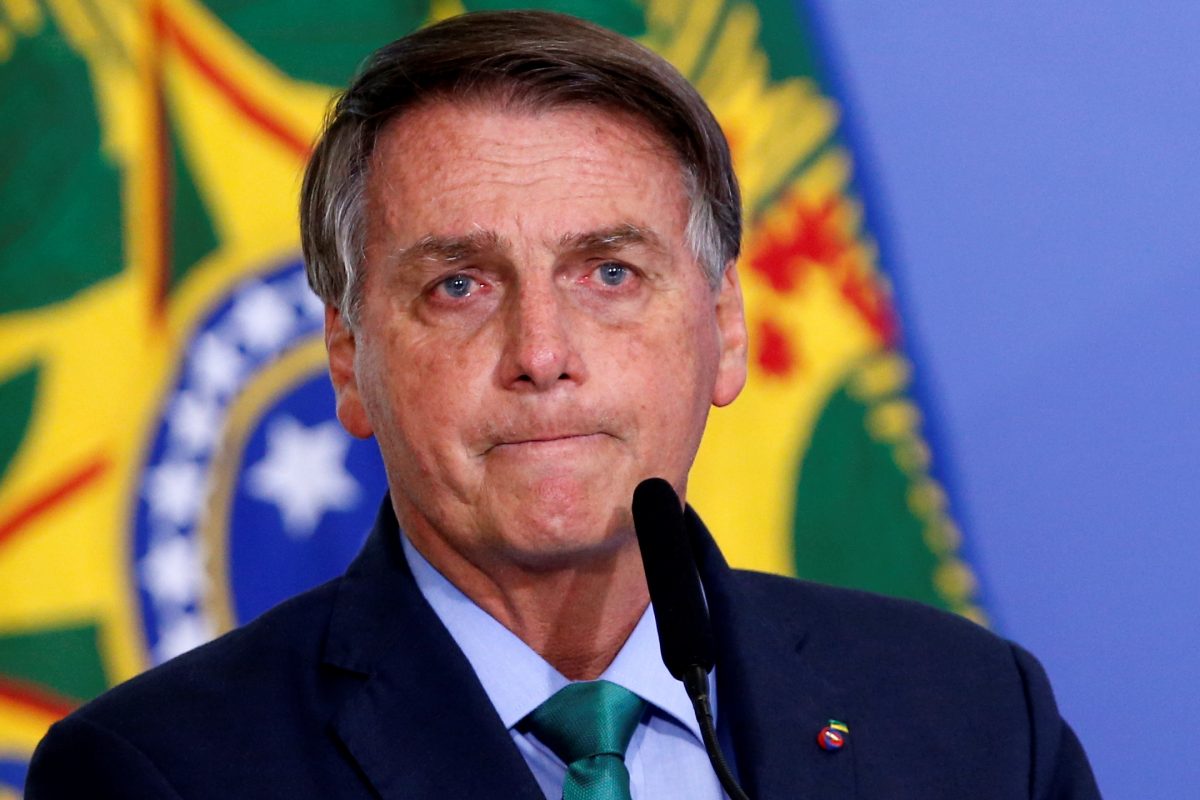BRASILIA, (Reuters) – This year’s general election in Brasil will be a test for the country’s democracy due to threats by far-right President Jair Bolsonaro who has questioned the validity of its voting system, Human Rights Watch said today.
In an annual report on rights abuses around the world, the Washington-based group urged Brazil’s Supreme Court, Congress and other democratic institutions to remain vigilant and resist any attempt by Bolsonaro to undermine the October elections.
“President Bolsonaro tried to weaken the pillars of democracy, attacking the judiciary and repeating baseless allegations of electoral fraud,’ said Maria Laura Canineu, Human Rights Watch director in Brazil.
His government has promoted policies contrary to human rights in various areas, including indigenous peoples’ rights, women’s rights, the rights of those with disabilities and freedom of expression, the report said.
Bolsonaro has promoted bills to deny the rights of many indigenous peoples to their traditional lands and, in practice, legalized illegal mining in those territories.
During his administration, deforestation in the Amazon has skyrocketed to the highest level since 2006, as shown by the government’s own data, Human Rights Watch said.
The president’s office did not answer a request for comment on the rights report. Bolsonaro plans to seek re-election in October, though he has not formally declared his candidacy.
HRW said Bolsonaro has continued to spread false information about COVID-19 vaccines after a Senate inquiry found his government has jeopardized the health of Brazilians by disregarding science-based measures to contain the virus and by promoting drugs with no proven efficacy.
Bolsonaro has also encouraged police violence and defended a bill that makes it harder to hold police officers accountable for abuses, it added.
Police lethality reached a record in 2020 in Brazil, with the highest number of deaths resulting from police action since the indicator started to be monitored, the report said, adding that 80% of the victims were black.
His government has also pursued criminal investigations against political critics, including with the use of the National Security Law of the 1964-1985 military dictatorship that he defends, it said.

